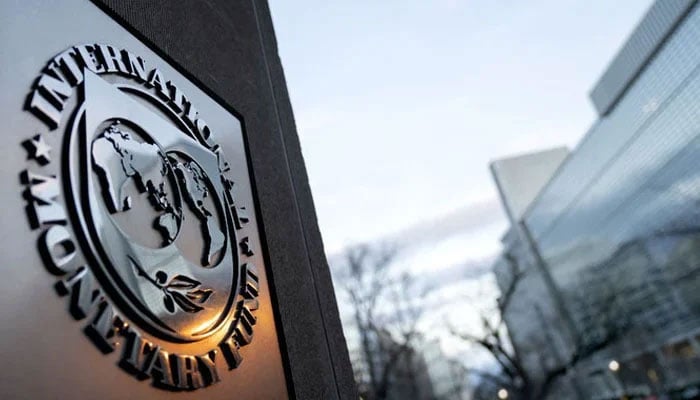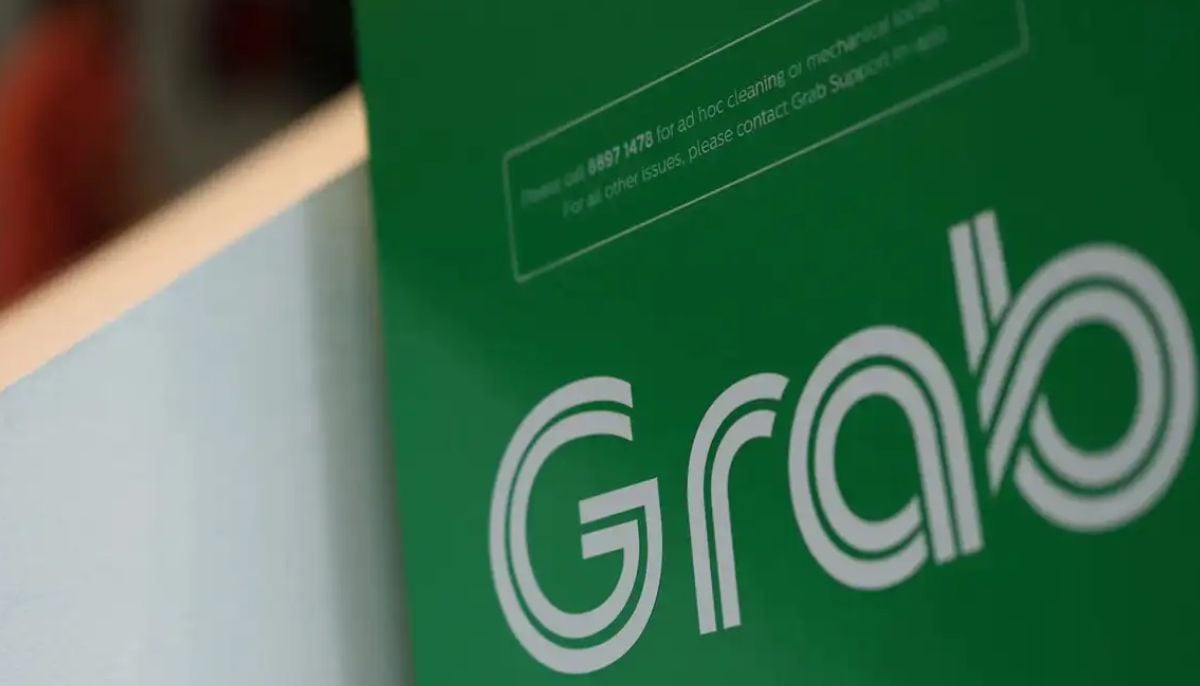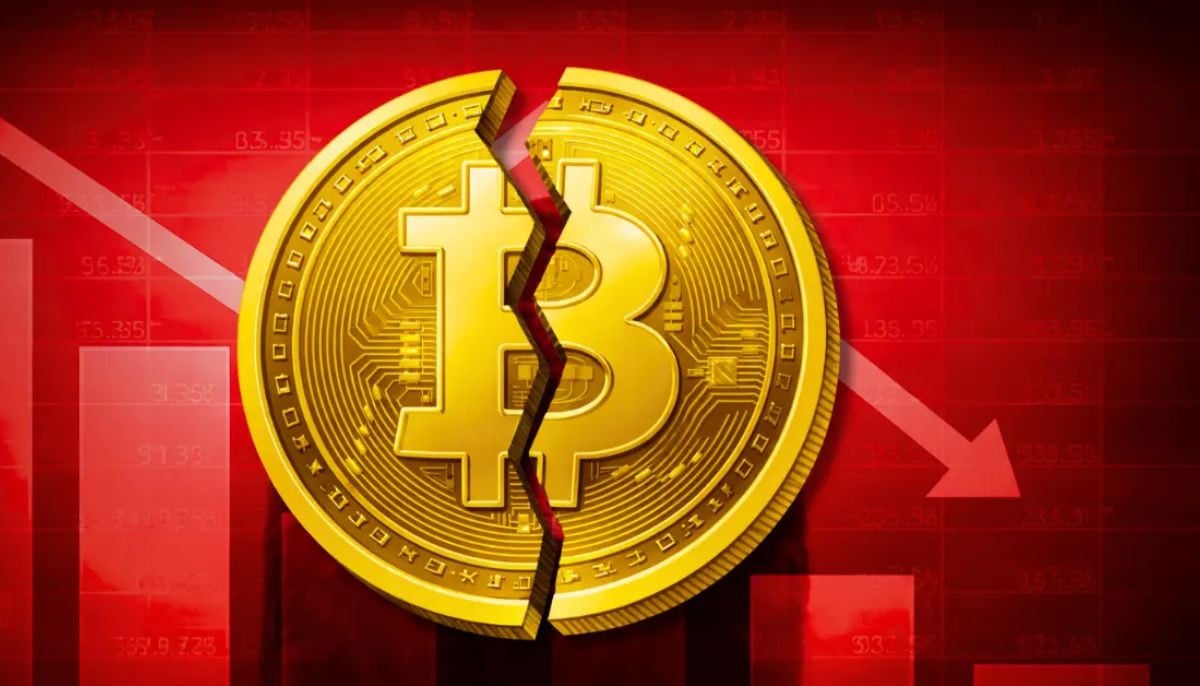'Significant progress' achieved in Pakistan loan talks: IMF
An International Monetary Fund mission undertook a visit to the country this month on Pakistan's request
In its talks held between May 13 to 23 with the Pakistan, the International Monetary Fund (IMF) Thursday said "significant progress" has been achieved with regards to reaching a staff-level agreement for an extended fund facility.
Led by IMF’s Mission Chief to Pakistan, Nathan Porter, the IMF team visited the federal capital to talk about Islamabad's plans for a home-grown economic programme that can receive support under the money lending institution's Extended Fund Facility (EFF).
The IMF's undertook the visit following a request by the Pakistani government.
"The mission and the authorities will continue policy discussions virtually over the coming days aiming to finalise discussions, including the financial support needed to underpin the authorities' reform efforts from the IMF and Pakistan's bilateral and multilateral partners," said the IMF chief in a statement.
Pakistan is likely to seek at least $6 billion under the new programme and request additional financing from the IMF under the Resilience and Sustainability Trust.
Ahead of the discussions, the IMF had warned that downside risks for the Pakistani economy remained exceptionally high.
The official said that building on the economic stabilisation achieved through the successful completion of the 2023 Stand-by Arrangement, the IMF and the Pakistani authorities made significant progress toward reaching a Staff Level Agreement (SLA) on a comprehensive economic policy and reform programme that can be supported under an EFF.
“The authorities’ reform programme aims to move Pakistan from economic stabilisation to strong, inclusive, and resilient growth. To achieve this, the authorities plan to continue to strengthen public finances to reduce vulnerabilities by improving domestic revenue mobilisation through fairer taxation while scaling up spending for human capital, social protection, and climate resilience; secure energy sector viability, including reforms to reduce the high cost of energy; continue progress towards low and stable inflation by appropriate monetary and exchange rate policies; improve public service provision through state-owned enterprise (SOE) restructuring and privatisation; and promote private sector development, by securing a level-playing field for investment and stronger governance.”
Porter also praised the Pakistani authorities, private sector, and development partners for fruitful discussions throughout this mission.
Stocks upbeat
The lender's comments helped the benchmark share index KSE-100 scale a record high and breach the key 76,000 level. The index was last up 1.2%.
Adnan Sheikh, assistant vice president, research at Pak Kuwait Investment Company, attributed the rise to the IMF's comment and the United Arab Emirates (UAE) promising investment.
"Despite the 90% run-up in dollar terms over the past year, The KSE-100 is trading at price-earnings ratio 4x, which is well below its average," said Sheikh, adding that the ratio suggested that Pakistani equities might still have healthy room for further upside.
On Thursday, the UAE committed $10 billion to invest in promising economic sectors in Pakistan, without specifying the areas. The announcement came during Prime Minister Shehbaz Sharif's UAE visit.
-
Uber enters seven new European markets in major food-delivery expansion
-
Will Warner Bros finalize deal with Paramount or stays loyal with Netflix's offer?
-
$44 billion Bitcoin blunder: Bithumb exchange apologizes for accidental payout
-
Global memory chip crunch puts spotlight on Apple; Will iPhone become more pricey?
-
Bitcoin plummets toward $60,000 as investors dump risky bets
-
Bitcoin crashes below $63K as regulatory pressure and market fears grow
-
Bitwise Crypto Industry innovators ETF: What investors should do in 2026?
-
Nintendo shares slide again as momentum fears grow












